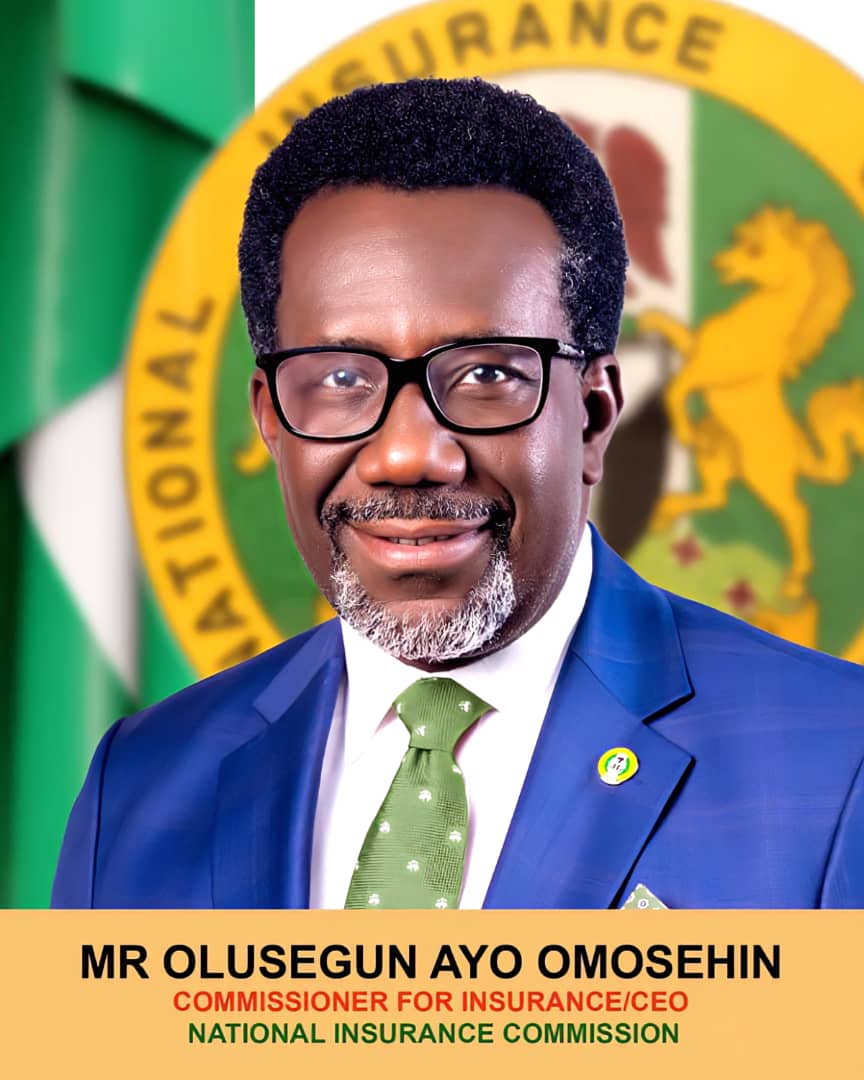The federal government has launched a new initiative aimed at extending financial protection to millions of Nigerians without insurance coverage. This marks the first major implementation step of the recently signed Aso Accord, with a collaboration among top financial and insurance regulators to reshape Nigeria’s insurance sector.
During a roundtable meeting on Tuesday, Senator Ibrahim Hassan Hadejia, Deputy Chief of Staff to the President (Office of the Vice President), highlighted the programme’s significance, noting it as a historic move to formally recognise insurance as a core financial service within Nigeria’s economic framework. “We cannot build a resilient economy while leaving millions of our citizens financially exposed,” Hadejia stated, stressing that insurance-driven financial inclusion is essential to Nigeria’s economic growth.
Deputy commissioner of technical at the National Insurance Commission (NAICOM), Dr. Jankara Usman, also spoke on the initiative’s potential, saying that inclusive insurance can deliver tailored, affordable products that promote financial resilience and enhance social welfare. He cited World Bank data showing that “only two out of five adults in sub-Saharan Africa can raise $35 within 30 days,” underscoring the region’s financial vulnerability. Nigeria’s insurance penetration rate currently stands at 3.3 per cent, well below global averages.
Technical advisor to the President on Economic and Financial Inclusion, Dr. Nurudeen Zauro, emphasised that the roundtable reflects President Bola Ahmed Tinubu’s commitment to strengthening the insurance sector. He outlined plans for a monitoring framework to support the initiative, which will include establishing specialised financial control committees, developing risk management programs for smallholder farmers, promoting public-private partnerships, enhancing inter-agency collaboration, and simplifying access to innovative insurance products.
Proposals from the roundtable include expanding insurance access through mobile phone airtime purchases, introducing specialised micro-insurance products for low-income groups, leveraging blockchain technology for delivery, and creating digital platforms for agricultural insurance.
Key institutions, including the Nigeria Insurance Association (NIA), National Health Insurance Authority (NHIA), and the Central Bank of Nigeria (CBN), have pledged support for the initiative. The outcomes of the meeting will be presented to the National Economic Council (NEC) for further review.
The 2023 Nigeria Labour Force Survey by the National Bureau of Statistics (NBS) shows that only 26.3 per cent of Nigerian workers had health insurance and pension plans, with access rates varying significantly by state. The study indicates that approximately 92 per cent of Nigeria’s employed population works in the informal sector, where access to benefits remains limited.





